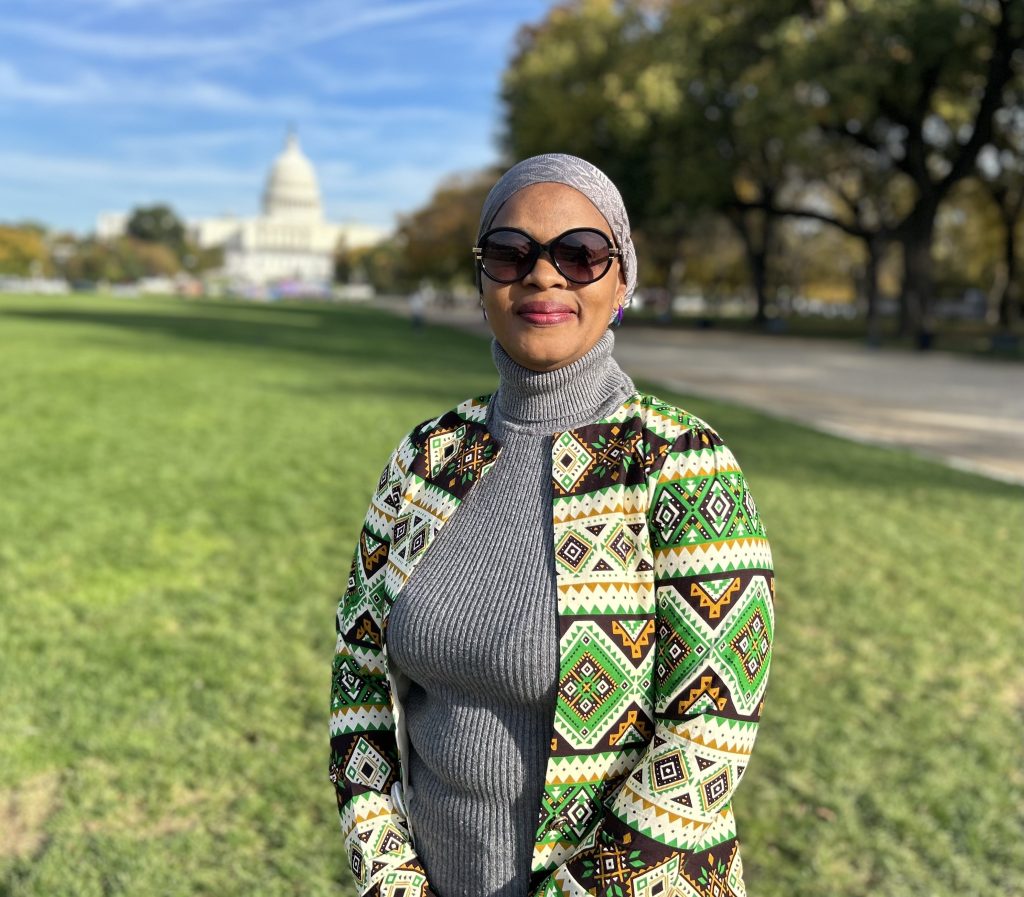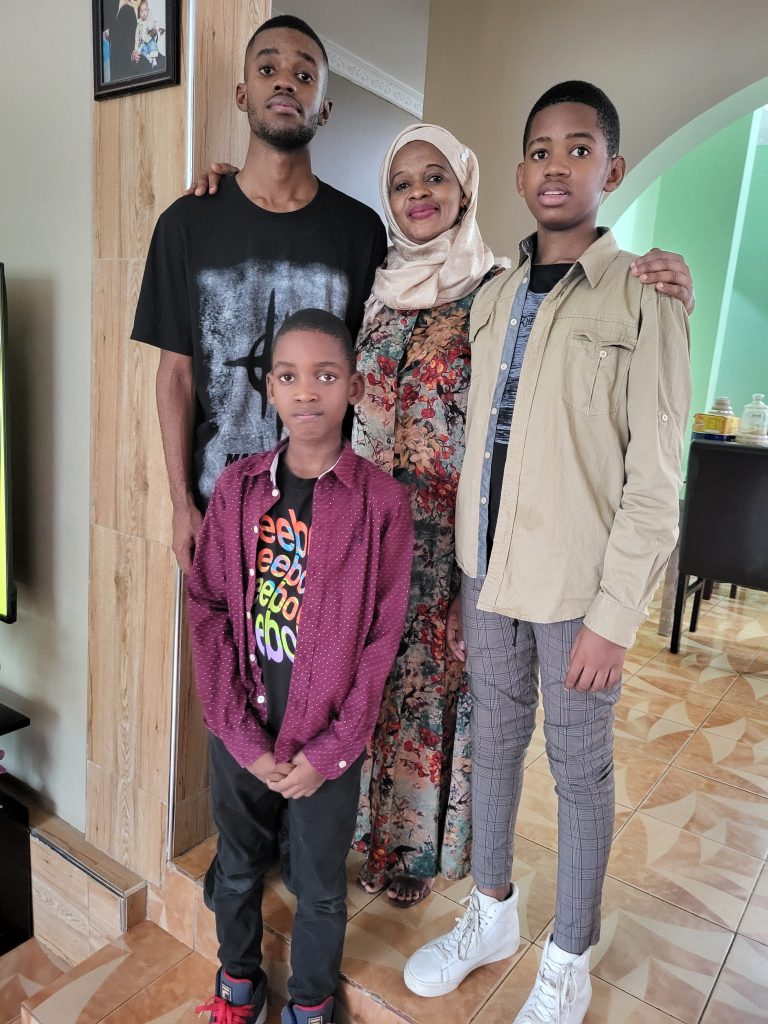As a mother to three boys, Dr. Chonge Kitojo knows firsthand the feelings of fear and helplessness when your baby gets malaria. When her firstborn son Hamim was two years old, he got very sick, vomiting and spiking a high fever as his little body tried to fight off the infection. Dr. Chonge rushed her son to the nearest health facility where he was diagnosed with malaria and got the treatment he needed. She vividly remembers the feeling of her heart unclenching as he recovered.
Dr. Chonge is vehement when she relays what she wants all mothers to know: “Malaria is a preventable and curable disease.”
Serving as a Project Management Specialist with PMI in Tanzania for over 15 years, Dr. Chonge has dedicated much of her career to ensuring that pregnant women have the tools they need to prevent and treat malaria. It’s particularly dangerous to get malaria while pregnant – the disease increases the risk of maternal anemia, low birth weight babies, and even stillbirth.
Dr. Chonge has led seminal research on malaria in pregnancy. Now her focus is identifying the barriers that prevent women from seeking health services, whether for prenatal care or malaria, and trying to remove those obstacles. “More efforts need to be made to make sure women know the risks and seek health services early. At the same time, it’s very important to focus on gender barriers and prioritize couple’s communication to make sure that men understand the need to go early for health services – because men might be the ones making the decisions.”
She’s seen major changes in Tanzania since PMI started in 2006. PMI has supported the Government of Tanzania to deploy lifesaving interventions proven to fight malaria in mainland Tanzania and Zanzibar, including insecticide-treated nets, indoor residual spraying, malaria diagnosis and treatment, and more. Child mortality from all causes is 40 percent lower now than in 2006. Zanzibar is close to eliminating malaria, with less than 1 percent prevalence today – down from 30 percent in 2005!

Through a fellowship for Foreign Service Nationals, Dr. Chonge spent eight weeks in the United States to exchange experiences and ideas with colleagues at USAID in Washington DC and CDC in Atlanta. Photo credit: USAID/Allison DiVincenzo
Dr. Chonge’s advice to mothers is this: “Seek health services whenever you have symptoms or as soon as you realize you are pregnant – and for your kids as well. If you’re sick, go to the health facility, and you’ll be ok. If you stay at home, you can end up with severe malaria, which can be so challenging for pregnant women, and babies, even for healthy adults.”
Today, Hamim is 18 years old and thriving. Dr. Chonge’s family sleeps under insecticide-treated bednets in Dar Es Salaam, Tanzania, and they’ve stayed malaria-free. Dr. Chonge shares, “As a professional and also as a mother, I’m so happy to contribute to the fight against malaria.”
Cover photo: Dr. Chonge (far right) visiting Nkwenda health facility in Kagera Region, Tanzania. Photo credit: David Sambwe, PMI Shinda Malaria (Defeat) Project


